Continuing the 10th Session of the 15th National Assembly , on the afternoon of November 4, at the National Assembly House, General Secretary To Lam spoke, discussed and informed about a number of new points and important orientations in the draft documents to be submitted to the 14th National Congress of the Party.
Vietnam News Agency (VNA) respectfully introduces the speech of General Secretary To Lam .
" Dear Party and State leaders,
Dear Leaders of the National Assembly and Central Agencies,
Dear Members of the National Assembly,
According to the working program, today, the National Assembly will set aside a session for National Assembly deputies to carry out a very special responsibility, continuing to contribute opinions on the draft documents to be submitted to the 14th National Party Congress. This is a time for those who are directly involved in building the country's legal system to contribute opinions and perfect the content of the documents to be submitted to the 14th National Party Congress, documents that will guide the development path of our nation in the coming years.
I believe that the voices of the National Assembly delegates today are not just personal opinions; they are the voices of the voters that the delegates represent; they are the voices of real life, socio -economics, national defense and security; they are the voices of lawmakers.
Delegates have contributed their opinions from the Party cell level, grassroots Party committees, Party committees of ministries, branches, provinces, cities... Today, in their positions as National Assembly delegates, the highest state power agency, the law-making body, Delegates continue to contribute their opinions, at a higher level, with deeper experience, and with greater responsibility. I hope that each contribution will go straight to the most fundamental issues of the institution and method of organizing the implementation of state power.
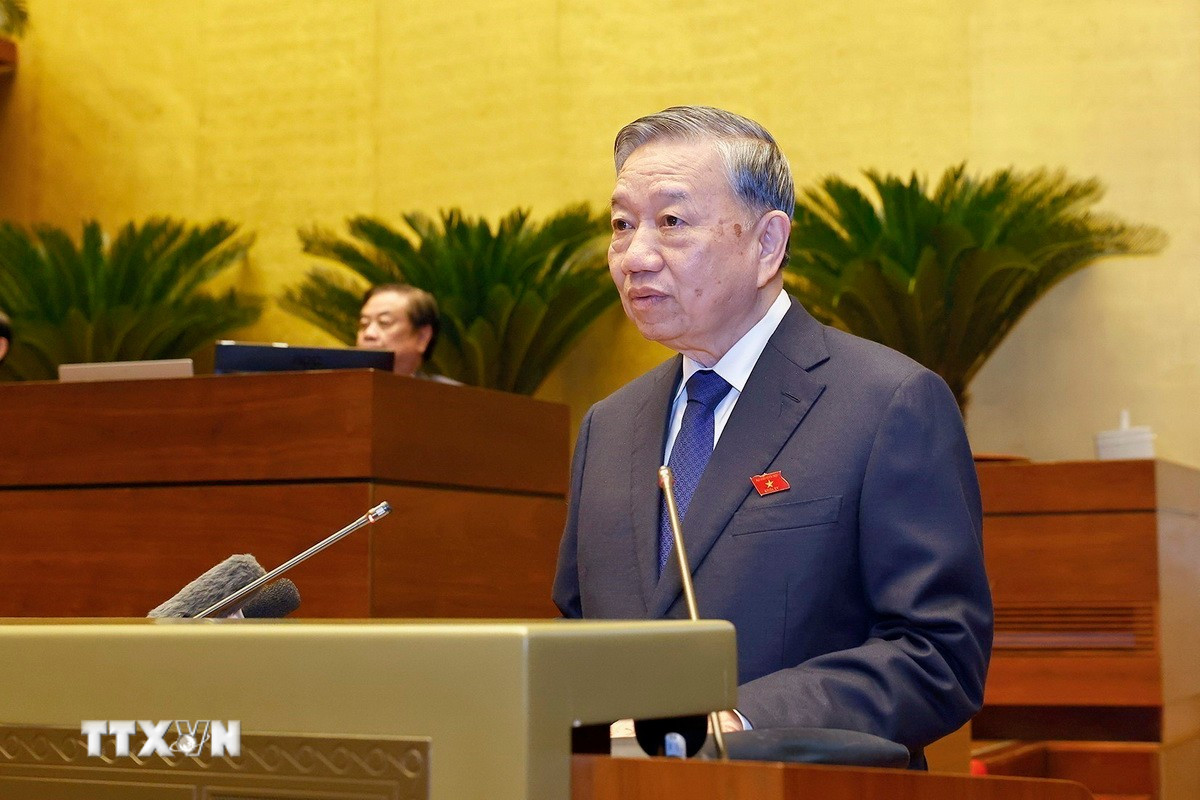
I would like to suggest some content groups for us to discuss, dig deeper and clarify further.
First, give comments on institutions and laws. We enact laws to manage society by law, to build a socialist rule-of-law state of the people, by the people, for the people. But in practice, there is still a situation where "the law is correct but it is difficult to implement," "it is clear in the parliament, but at the grassroots level it is difficult."
I suggest that the Delegates focus on explaining clearly: why are there laws, decrees, and circulars that are issued very elaborately and densely, but grassroots officials do not dare to implement them; businesses are struggling and struggling; people are confused and going back and forth. Where are there overlaps, where are there different understandings between ministries and branches, where are the powers delegated but people are forced to take responsibility beyond their control?
We must aim for a legal system that is “easy to remember, easy to understand, easy to implement.” The wording of the law must be concise, clear, not confusing, and not leave any room for abuse or evasion. The policies issued must measure the impact, control the risks, and especially create convenience, not create more procedures. A good law is not a well-written law, but a law that is implemented in life.
Delegates need to clarify: in order for the law to truly come into life, what orientations need to be supplemented and adjusted in the documents of the 14th Party Congress? We must speak frankly to make straightforward changes.
Second, on building and perfecting the socialist rule of law state of Vietnam.
A rule of law state is not just about having a complete legal system. A rule of law state is first and foremost about respect for the Constitution and the law, control of power, openness, transparency, and accountability to the people.
I really hope that the Delegates' opinions will focus on the question: have we done enough to ensure that every power is bound within the legal framework, operating within its authority, for its purpose, and in the interests of the people? Are there any gaps that make people feel that "if they want it, they can get it, if they don't want it, they can't"? Are there any situations where people have to "ask" for things they should "enjoy"? If there is no complete answer, that is where the rule of law State is not complete.
Building our rule-of-law State means building a strong state that does not abuse power; has discipline but is not far from the people; acts decisively but is still humane, convincing, and has dialogue. Such orientations need to be made clear in the documents of the 14th National Party Congress.
Third, on decentralization, delegation of authority and organizational structure.
We have discussed decentralization and delegation of power for many years; there have been many resolutions and projects to streamline the apparatus, rearrange focal points, and innovate the local government model. Now we need to answer two questions: (1) what will be decentralized, to whom, and under what conditions; and (2) what will be the mechanism for accountability, inspection, and supervision.
I suggest that the Delegates give their opinions directly on this issue. Where subordinates can make decisions faster and closer to the people than superiors, they must boldly delegate authority. But delegation of authority does not mean "pushing down work" or "pushing down risks." Delegation of authority must go hand in hand with resources, human resources, tools, and even a legal safety zone so that officials dare to act and take responsibility for the common good, not unjustly taking personal responsibility.
Regarding the two-level local government model, we are gradually reorganizing it, moving towards a streamlined, effective and efficient apparatus. This is a very new, very important and sensitive content, directly related to the lives of the people and grassroots officials. I hope the delegates will give specific opinions: how should the two-level model be designed so that people are not far from the government and public services are not interrupted? Do not let the declaration of a streamlined apparatus create more layers of asking and giving in reality. Another important thing is what rights the grassroots government must have, what resources it must have for the task of creating development at the grassroots level. What should be added to the legal corridor for this task?
Along with that is the relationship between the three levels of government: central, provincial/municipal, and grassroots. The three levels must be a smoothly operating entity, sharing responsibilities and supporting each other. Absolutely not three layers "passing responsibilities to each other" so that the people run in circles. Comrades are National Assembly delegates, going to the grassroots a lot, please give your detailed comments on these areas.
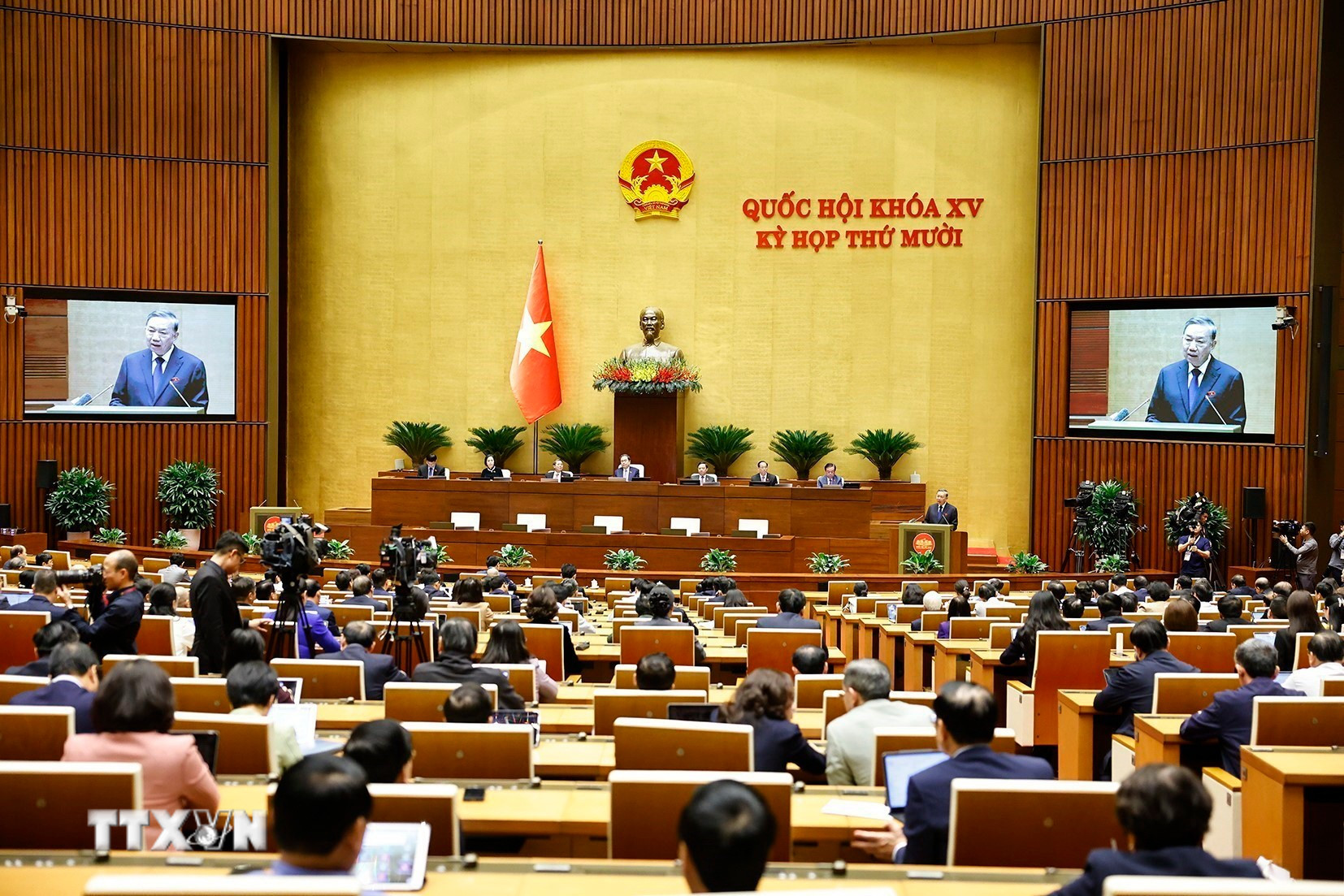
Fourth, on the organic relationship between the Party, the State, the Fatherland Front, organizations and the people.
We affirm that the Party's leadership role is the decisive factor in all victories of the Vietnamese Revolution. But how to lead? To lead by correct guidelines, by setting a clean example, by organizing effective implementation, by building people's trust - or by administrative orders? This answer must be clear, transparent, and convincing to the people.
I hope delegates will contribute more ideas: what mechanism for the Party to lead absolutely and comprehensively but not do it for us, not make excuses, not be lax; the Government to manage and operate according to the law, dare to take personal responsibility; the Fatherland Front and socio-political organizations to truly become a bridge of trust between the Party, the State and the people. The people are not only beneficiaries but also subjects of participation, supervision, criticism and companionship.
If we talk about "people-centeredness," then we must design a mechanism so that people have a real voice, real supervisory rights, and the opportunity to participate meaningfully in issues.
Fifth, on the Party's leadership and governing role in the legal system and in practical management.
Our Party is the ruling party. Ruling means taking responsibility before the people for the development of the country and for the daily lives of the people. Ruling is not only setting out policies, but also organizing implementation, checking implementation, and taking responsibility for the results.
Therefore, the documents submitted to the 14th Party Congress cannot just say "strengthening the Party's leadership" in a general way. We must clarify: The Party leads to ensure that all policies and laws truly serve the people, develop the country, maintain independence, sovereignty, territorial integrity, maintain political and social stability; and preserve the great national unity bloc. The Party leads to fight against sectoral and local thinking, group interests, negativity, corruption, and waste. The Party leads to protect those who dare to think, dare to do, and dare to take responsibility for the common good.
I would like the Delegates to comment on whether the document has stated all these things, is clear, and addresses the existing weaknesses.
Sixth, on the spirit of innovation in thinking, innovation in working methods, innovation in national governance according to the motto of creation and for the people.
The world changes very quickly. Domestic practice also changes very quickly. If our thinking is slower than practice, the document will become outdated immediately, even as soon as it is passed. Therefore, I suggest that the Delegates read the document with the spirit: is there any point where the old thinking, the old way of speaking, the old way of doing things still exist? Is there any point where we still maintain the habit of managing by asking and giving, while the State should play a role in creating and serving the people and businesses?
We must more clearly affirm the national governance model in the coming period: governance based on transparent laws, reliable data, modern digital infrastructure, streamlined apparatus, honest and disciplined officials, and service. Such governance is development-creating governance, not beg-grant governance.
I ask the Delegates to contribute specific examples from the industry, locality, and field they are responsible for: where there are still cumbersome procedures that discourage businesses; where people are frustrated because they have to go back and forth many times without getting things resolved; where there are still "mechanisms to run." We should state them directly, not avoid them. Only by looking directly can we correct those shortcomings and limitations.
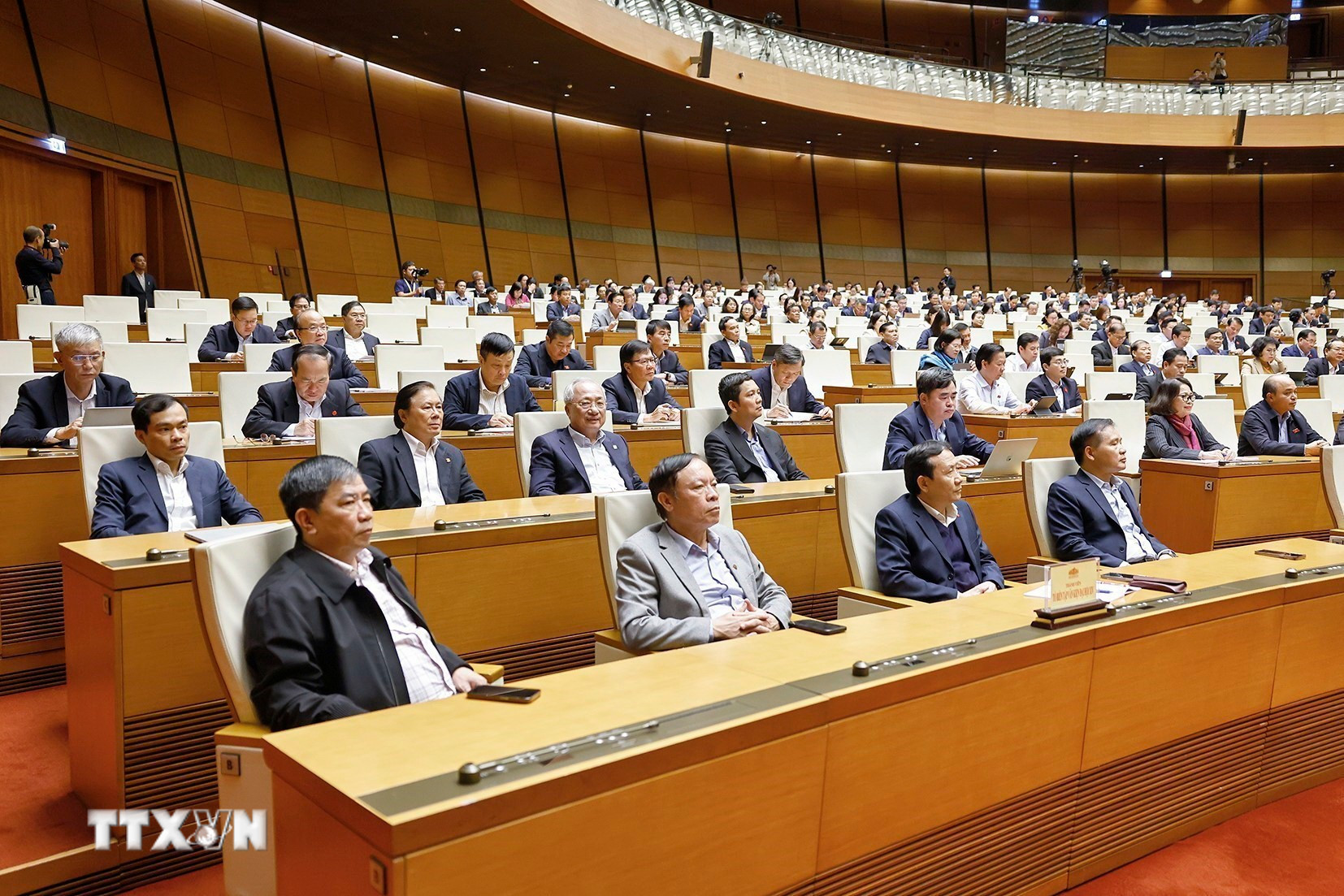
Saturday, about new points, breakthrough points.
The Document Subcommittee has raised 18 new points, which are considered breakthrough directions, demonstrating the spirit of daring to innovate, daring to change the development model, daring to reorganize the apparatus and operating methods. I will not repeat each point here. I only ask the Delegates to help answer two very important questions:
First question, are those 18 new points enough? Are any of them still at the level of "policy," "orientation," "will be researched," while society is demanding specific answers, a clear roadmap, and clear responsibility?
Second question, according to the Delegates, those who are close to the people, understand real life, understand the voters' thoughts, what are the issues that have not been properly named in the documents? What knots are there that if not resolved now, will we have to pay a higher price in the next 5 years? Please speak frankly, speak completely, and clearly about those points and those findings.
The Congress documents are original documents. If we clarify them right now, the process of institutionalization, law-making, and implementation will be smoother, more unified, and less confusing. On the contrary, if the documents are still general and incomplete, when put into law, there will be different understandings, different ways of doing things, and even "applications" according to individual understandings. Thus, the people who suffer the most are the people.
Dear comrades,
I really hope that today's discussion and the next rounds of comments will be truly frank, responsible, and constructive. What the Party, the National Assembly, the Government, and the people want have a very specific, very close, and very simple common denominator: a country with sustainable development; an orderly, disciplined, warm, and humane society; people are protected and given the opportunity to rise up through their own labor; those who do the right thing by law will be protected, those who do wrong will be dealt with fairly, with no forbidden zones.
I ask each National Assembly member today to contribute as a representative of the people, and also as a party member and cadre with profound practical experience. Say what you really see, what you are concerned about, and what you dare to take responsibility for.
I would like to re-emphasize 6 specific requirements: (1) Comments on the feasibility of institutions and laws. (2) Comments on the organization of state power, the mechanism of power control, the mechanism of personal responsibility. (3) Comments on decentralization, delegation of power, the two-level local government model, the relationship between the three levels of government. (4) Comments on the relationship between the Party-State-Front-Social and political organizations-People so that it is truly close and truly unanimous. (5) Comments on the role of the ruling Party in governing the country's development. (6) Comments to clarify and deepen the breakthrough points, not just stopping at the motto but going into the operating mechanism.
I believe that with their working experience, close connection with voters, and their mettle, the Delegates will do very well in this responsibility.
I wish the delegates good health, intelligence and enthusiasm, so that their voices can be included in documents and in people's lives.
Thank you very much, National Assembly Delegates./.
Source: https://www.vietnamplus.vn/phat-bieu-cua-tong-bi-thu-tai-quoc-hoi-ve-du-thao-van-kien-dai-hoi-xiv-cua-dang-post1074902.vnp




![[Photo] Opening of the 14th Conference of the 13th Party Central Committee](https://vphoto.vietnam.vn/thumb/1200x675/vietnam/resource/IMAGE/2025/11/05/1762310995216_a5-bnd-5742-5255-jpg.webp)





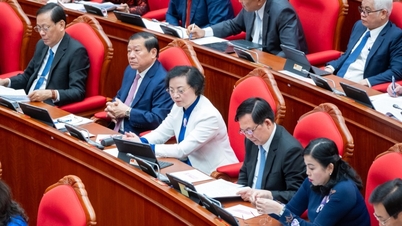



![[Photo] Opening of the 14th Conference of the 13th Party Central Committee](https://vphoto.vietnam.vn/thumb/402x226/vietnam/resource/IMAGE/2025/11/05/1762310995216_a5-bnd-5742-5255-jpg.webp)

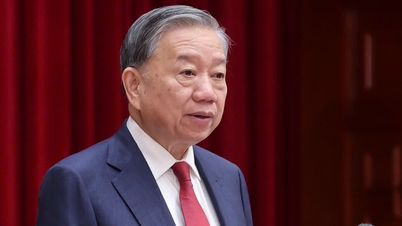


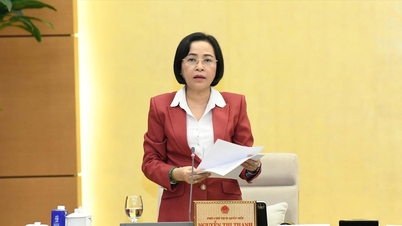


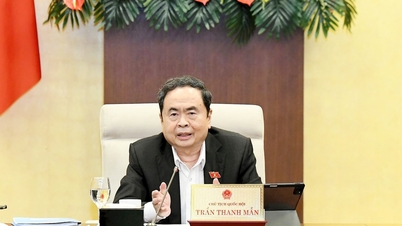
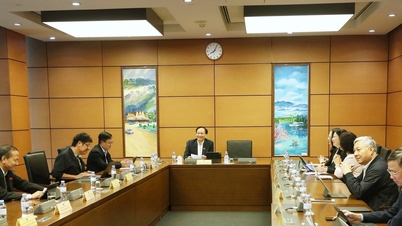






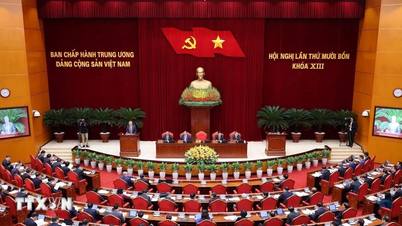
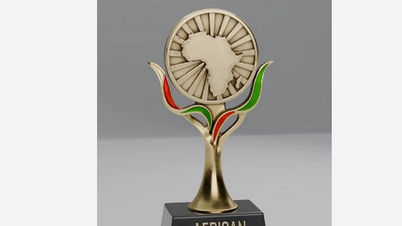

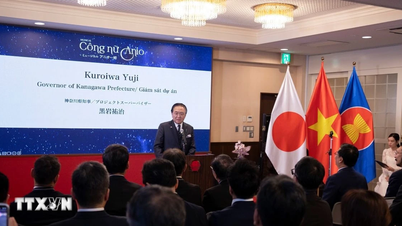
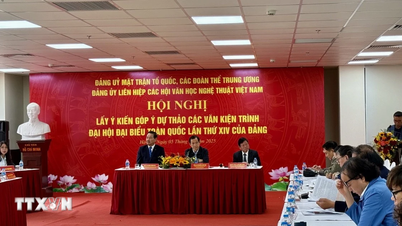

![[Photo] Panorama of the Patriotic Emulation Congress of Nhan Dan Newspaper for the period 2025-2030](https://vphoto.vietnam.vn/thumb/1200x675/vietnam/resource/IMAGE/2025/11/04/1762252775462_ndo_br_dhthiduayeuncbaond-6125-jpg.webp)


































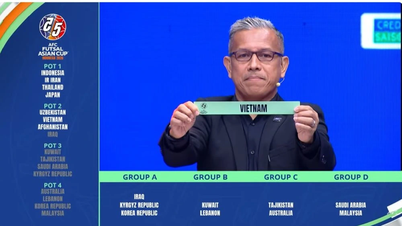







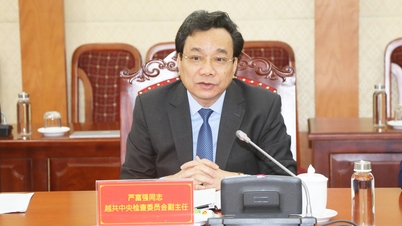

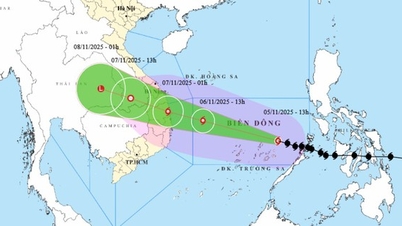




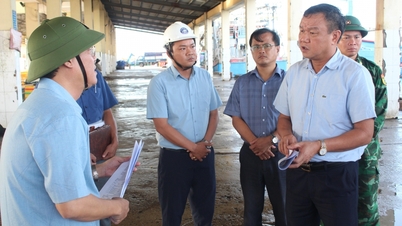

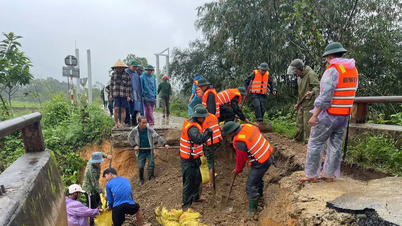
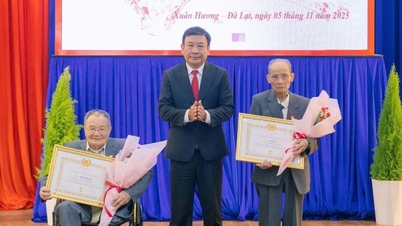

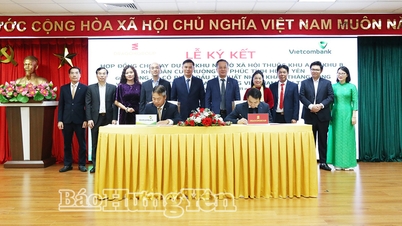

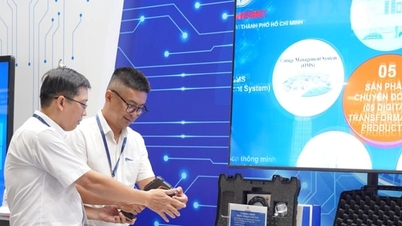













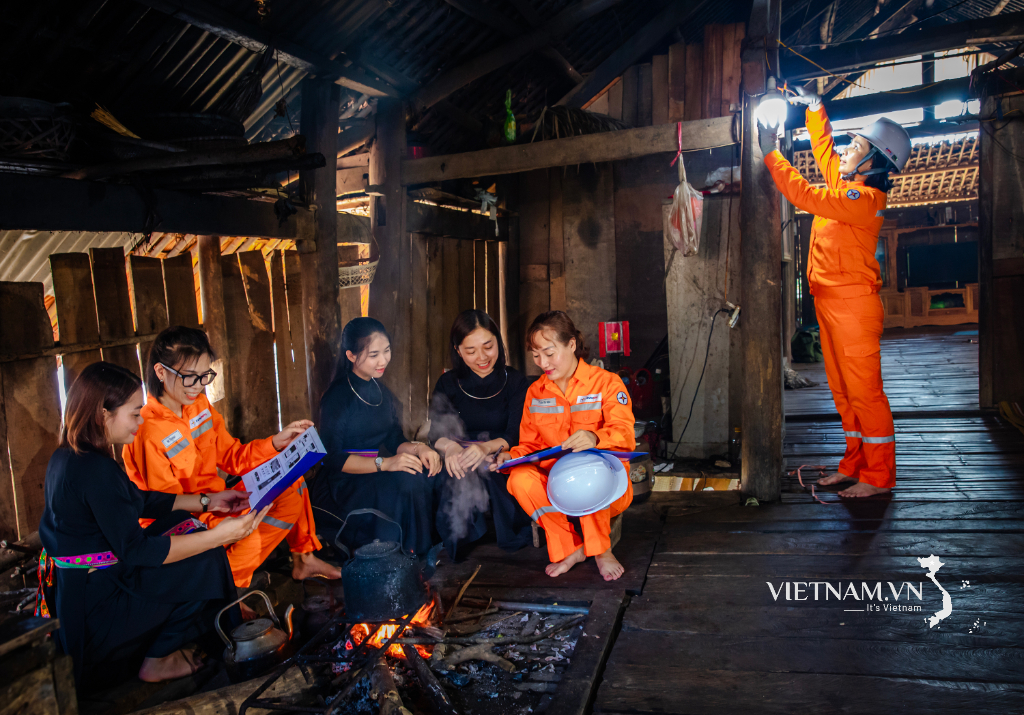



Comment (0)